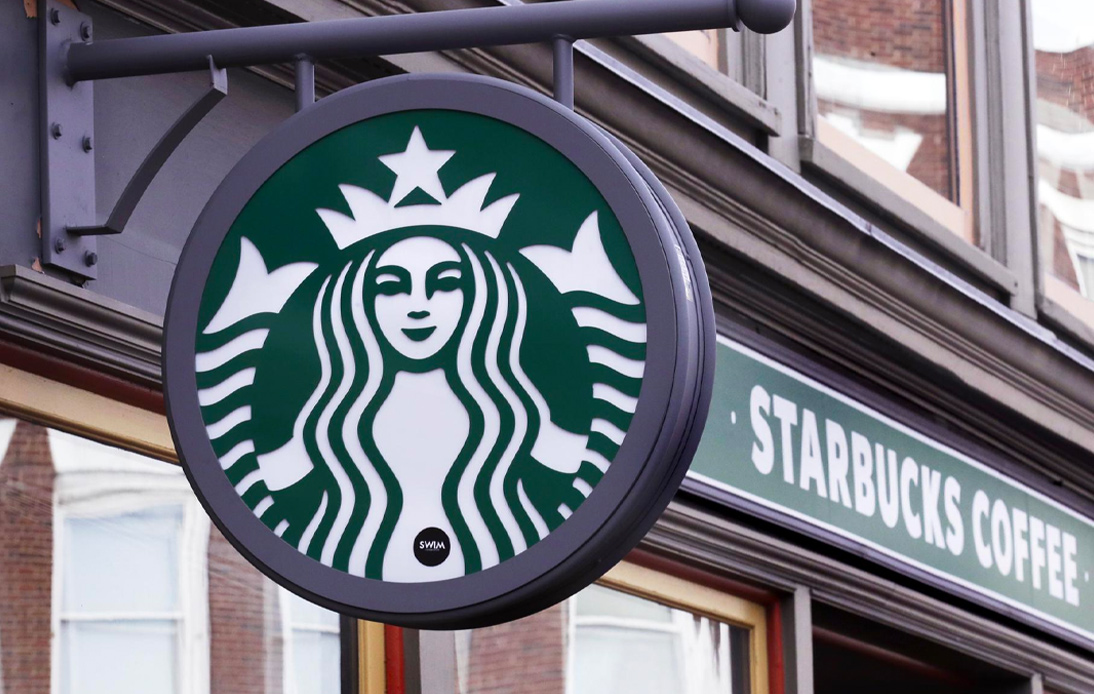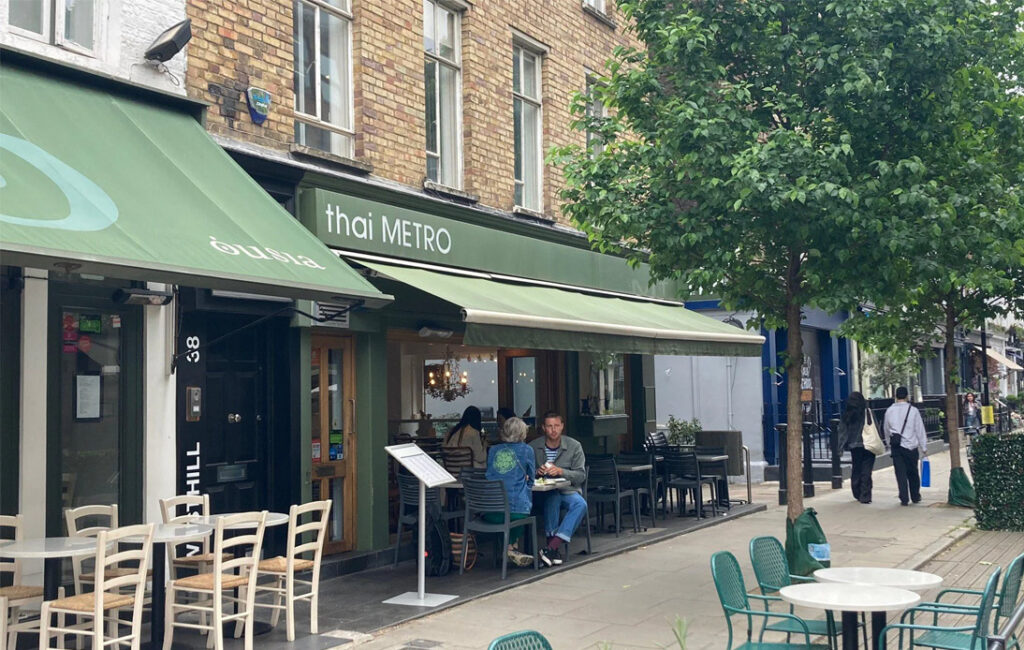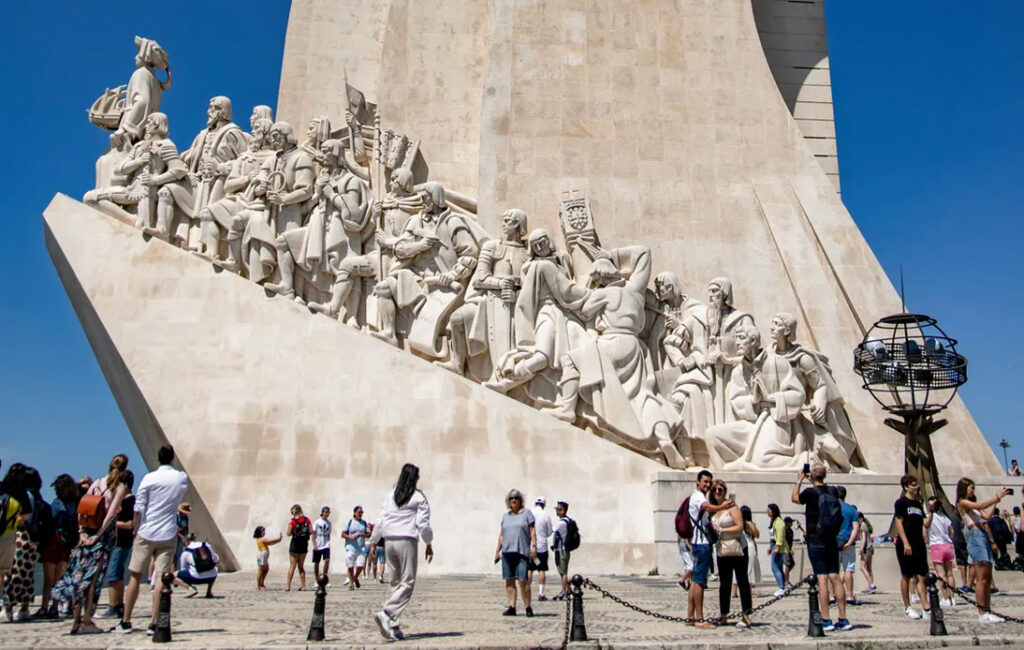
A jury in a racial discrimination lawsuit against Starbucks sided with one of their former employees on Monday, in a case that was closely followed throughout the world.
Shannon Phillips, who worked as a regional manager for Starbucks and oversaw several locations across New Jersey and Pennsylvania, accused the coffee company of unlawful termination, alleging her dismissal was due to her being White.
Having served the global coffee chain Starbucks for approximately 13 years, Phillips lost her job following the 2018 apprehension of two Black men at a Philadelphia Starbucks.
The jury in New Jersey delivered a verdict totalling $25.6 million, comprising $25 million in punitive damages and $600,000 in compensatory damages, per Console Mattiacci Law, the legal representatives of Phillips.
After a six-day trial, the jury’s decision was unanimous, the attorneys highlighted, adding that Phillips is also in pursuit of back and front pay.
Expressing disappointment in the verdict, Starbucks is currently considering its next move, Globe was informed by company spokesperson Jaci Anderson.
The verdict marks a new chapter in a case that triggered protests and public fury.
In 2018, two men were requested to exit the cafe in Philadelphia, Pennsylvania as they occupied a table without ordering any food or drinks.
When the men, who were awaiting a business associate, refused to leave, they were taken out of the cafe in handcuffs after a store manager alerted the police.
Subsequent settlements were reached with both Starbucks and the City of Philadelphia.
In her 2019 initial lawsuit, Phillips claimed racial discrimination by the company at the time of her dismissal.
The 2019 allegation stated that post-arrest, Starbucks proceeded to “took steps to punish White employees who had not been involved in the arrests, but who worked in and around the city of Philadelphia, in an effort to convince the community that it had properly responded to the incident.”
Phillips, who was overseeing regions including Philadelphia at the time, argued that Starbucks instructed her to put a White employee on administrative leave, part of the response efforts, due to supposed discriminatory behavior that she believed to be untrue.
Phillips was dismissed by the company after she tried to stand up for the employee.
According to the lawsuit, the reason given for termination was “‘the situation is not recoverable.’” The lawsuit suggested this was “a pre-text for race discrimination,” and added that Phillips’ “race was a motivating and/or determinative factor in [Starbucks’] discriminatory treatment.”
Starbucks, which refuted the allegations at the time, stated in a 2021 court document that post-incident, “senior leaders and members of Partner Resources all observed Ms. Phillips demonstrate a complete absence of leadership during this crisis.”
The company’s argument was that Phillips “appeared overwhelmed and lacked awareness of how critical the situation had become.” The document further stated that Phillips was eventually fired “because strong leadership was essential during that time.”
The Incident’s Impact on Starbucks
The 2018 occurrence posed a significant PR challenge for the company. In response to the arrests, Starbucks took multiple actions to mitigate the situation.
Then-CEO Kevin Johnson expressed regret, calling the incident “reprehensible” and vowed to implement necessary changes to prevent a recurrence.
Subsequently, Starbucks altered its policy to permit the use of their restrooms and time spent in their stores, even without any purchases.
The coffee giant also temporarily shut down roughly 8,000 company-owned outlets to conduct mandatory anti-bias training for nearly 175,000 employees.




















